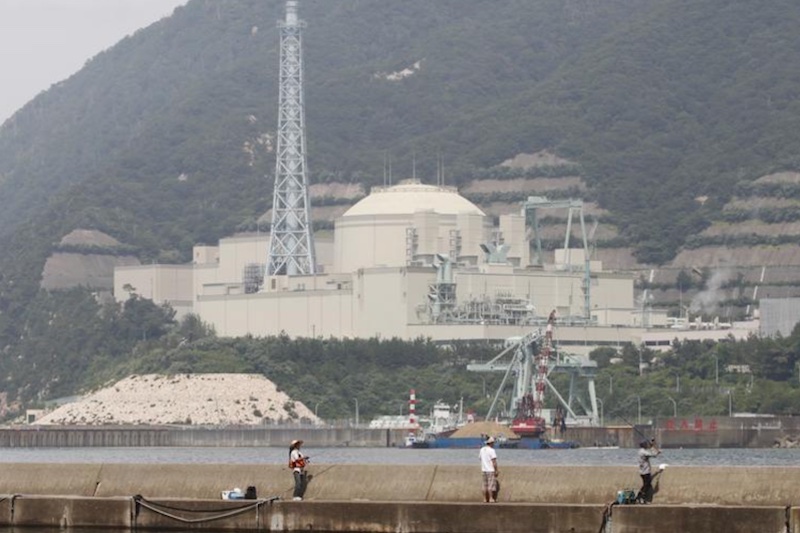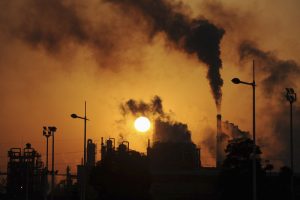Japan’s greenhouse gas emissions fell to a record low in the financial year that ended March 2021, government figures showed on Friday, a result of slower industry activities amid the pandemic and wider use of renewable energy.
The 5.1% decline marks seven consecutive years of falls. Emissions for 2020/21 fell to the equivalent of 1.15 billion metric tonnes of carbon dioxide (CO2) from 1.21 billion tonnes the previous year.
The 2020/21 level was the lowest since 1990/91, when Japan began compiling data on greenhouse gas emissions, revised data from the Environment ministry shows.
In April 2021, Japan, the world’s fifth-biggest carbon emitter raised its climate goal, pledging to trim emissions by 46% from 2013 levels by 2030 instead of its previous target of 26%. If this is achieved, 2030 emissions will be 0.76 billion tonnes.
The 2020/21 figure represents a reduction of 18.4% from 2013 levels.
“Although emissions have decreased for seven straight years, we are still a long way from achieving carbon neutrality and can’t be optimistic,” Masayuki Koiwa, a director at the Environment ministry, told reporters.
“To achieve the 2030 target and our 2050 goal of carbon neutrality, we need to maximise the use of renewable energy,” he said. The ministry will promote solar power in particular to meet the 2030 target because that method of generation can be applied quickly.
Japan’s emissions surged after the 2011 nuclear disaster at Fukushima led to the closure of nuclear power plants and boosted reliance on fossil fuels, but have turned lower since a peak of 1.41 billion tonnes hit in 2013/14 year.
Ten reactors have been restarted, the most since the Fukushima incident, though only five are currently operating.
Renewable energy accounted for 19.8% of electric power generation of 1.00 trillion kilowatt-hours in 2020/21, up 1.6 percentage points on the previous year.
Nuclear energy fell 2.3 percentage points to 3.9%, while thermal power made up 76.3%, a rise of 0.7 percentage point, industry ministry data showed.
- Reuters, with additional editing by George Russell
READ MORE:
Japan’s Corporate Giants Face Climate Activist Votes at AGMs
Japan Core Machinery Orders Sink to Near Two-Year Low
Japan’s Osaka Gas Backs $11bn Hydrogen Project in Australia
























